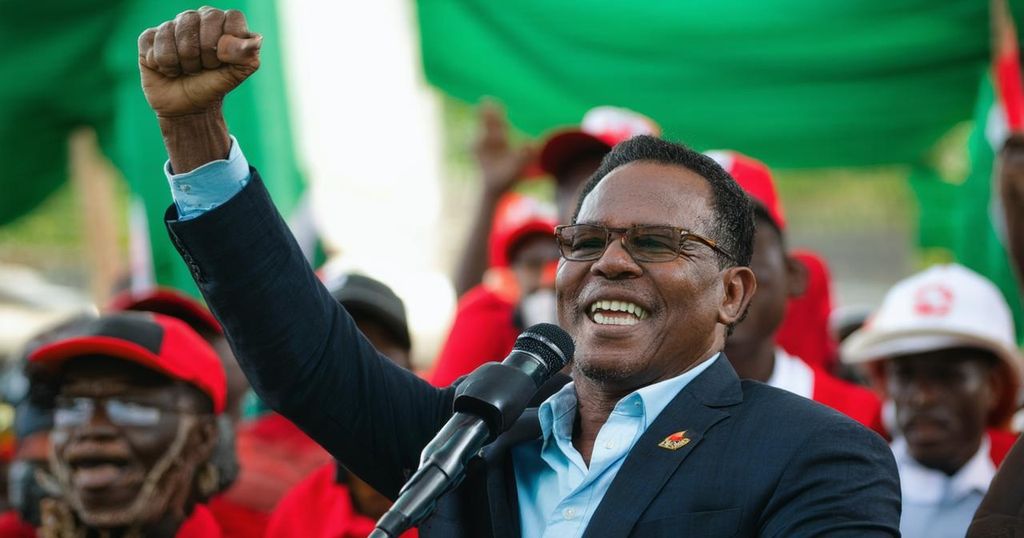Frelimo Secures Victory in Mozambique Elections Amidst Controversy
Mozambique’s ruling party, Frelimo, has won the presidential election, with candidate Daniel Chapo securing 71% of the vote amid allegations of electoral fraud and violence. His opponent, Venancio Mondlane, has claimed he was the rightful winner and has organized protests against the election process. International observers have also raised concerns about the integrity of the results.
Mozambique’s ruling party, Frelimo, has achieved a significant electoral victory despite facing severe allegations of electoral manipulation and violence during the process. Daniel Chapo, a relatively obscure candidate representing Frelimo, has secured 71% of the vote, succeeding Filipe Nyusi, who has completed two terms as president. At the age of 47, Chapo becomes the first president born after Mozambique gained its independence in 1975. His primary opponent, Venancio Mondlane, garnered only 20% of the votes and has alleged that he was the true winner of the election. The electoral landscape has been further complicated by accusations of widespread rigging, resulting in protests throughout the nation. Following the announcement of the preliminary results, President Emmerson Mnangagwa of Zimbabwe prematurely extended his congratulations to Chapo, referring to the election outcome as a “resounding victory.” In the capital city of Maputo, tension is palpable, with reports of deserted streets and shuttered businesses. Mondlane has called for a national strike to protest the alleged electoral fraud, which he links to the recent politically motivated assassinations of his lawyer and a party official. Widespread nationwide demonstrations organized by Mondlane were met with police retaliation, including the deployment of live ammunition and tear gas. Furthermore, the European Union’s electoral observers have expressed concern regarding the integrity of the election, citing that “there were irregularities during counting and unjustified alteration of election results.”
The political climate in Mozambique has been characterized by Frelimo’s prolonged rule since the country’s independence in 1975. Miles away from a stable democracy, recent elections have been plagued with allegations of rigging and violence, significantly affecting the electorate’s trust in the process. Mozambique’s President Filipe Nyusi’s two terms have faced scrutiny, leading to growing unrest among opposition parties and civil society. The recent election, featuring Daniel Chapo as the Frelimo candidate, is a pivotal moment for the nation’s political future, as it may reflect on the party’s longstanding dominance as well as the broader implications for governance and civil liberties in Mozambique. The presence of calls for protests and national strikes underscores the political discontent fueled by allegations of electoral malpractice.
In conclusion, Daniel Chapo’s electoral victory represents a continuation of Frelimo’s longstanding hold on power amidst widespread allegations of electoral fraud, violence, and irregularities. The political atmosphere in Mozambique remains fraught with tension as opposition leaders mobilize against perceived injustices, calling into question the legitimacy of the election process. The repercussions of these events may have lasting effects on Mozambique’s political landscape and democratic integrity.
Original Source: www.bbc.com




Post Comment